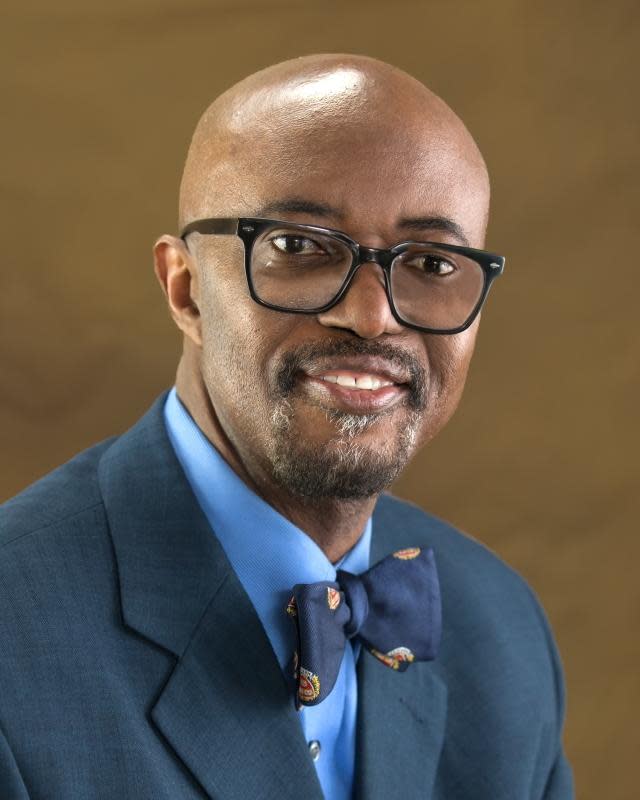Kojo Quartey: Thoughts on the government shutdown

A few weeks ago, I wrote about the possibility of a government shutdown when we were on the verge of a possible shutdown. So I am reluctant to do it again, but I must.
Then, I predicted that a shutdown would not happen, and it did not. This time, unfortunately, I have a different prediction. The shutdown is imminent and it will happen whether we like it or not. I don’t like it, but that’s the nature of politics when it is mixed with economics. Not only is there a division between Democrats and Republicans, there is also a division among the Republicans themselves. Right now, unfortunately, politics is prevailing.
Here’s my prediction of what’s likely to happen and how we will all be affected. On Sunday, Oct.1, the U.S. government will shut down. What does that mean? Oct. 1 is when the federal fiscal year begins, so if by then the Congress has not passed any funding legislation for the government to keep spending money, the government can then not spend. Passing the spending bills takes time, and so there are usually temporary extensions. However, this time, that is not going to happen. The government will shut down on Sunday. Period! This essentially means that all federal employees and contractors will have to stop “non-essential” work. If they are “non-essential,” then why are they working now? These non-essential employees, many of whom are essential to those of us who are not government workers, will be furloughed, but once the shutdown ends, they will go back to work and receive backpay.
Who will directly be affected? Over 2 million military workers and 2 million civilian federal workers, besides federal contractors. An interesting tidbit is that we will still receive our mail because the U.S. Postal Service will continue to operate as they receive no tax dollars for operations and rely on the sale of postage products and services for their operations. Social Security payments will continue, but new claims and other services will be delayed. Medicare benefits will continue to be paid, veterans’ benefits will continue, access to national parks, such as our own River Raisin Battlefield Park, may be limited. Members of Congress and the president will also continue to receive their pay, but some of their “non-essential” staff members will not.
In other areas of the federal government, if you think passport applications and applications for various permits are delayed now, wait until the shutdown happens. Transportation Security Administration (TSA) agents will also be affected. On the military side, troops will not be paid and training operations will be curtailed. U.S. Travel Industry Association predicts that the travel sector could lose $140 million a day when the shutdown happens. Notice, I said when, not if. Goldman Sachs predicts that a shutdown would reduce economic growth by 0.2% weekly for as long as it lasts.
There have been shutdowns before, with the longest occurring in 2018 and 2019 over funding for a border wall; it lasted for 35 days and was only a partial shutdown. This one is primarily about spending for Ukraine. As the Ukrainian war drags on longer than anticipated and as the U.S. continues to pour more money into a protracted war which may not soon see an end, many are leery of a long-term commitment. Very few had anticipated that Ukraine would hang on for this long, but without additional aid, they will “lose the war,” as President Volodymyr Zelenskyy said. What would that mean for the world?
A shutdown by our government will shake consumer confidence and overall confidence in the U.S. economy and system. It will have a negative impact on the financial markets and cause all kinds of disruptions, even as the reduced spending by those not being compensated ripples through the economy.
This is one of those instances where I hope that I am wrong, but as the old economist joke goes, economists and weather forecasters are the two professions where you can be consistently wrong and still have a job the next day. If I am right, this will not be good for anybody – not the politicians, not the economy, not the world.
Kojo Quartey, Ph.D., is president of Monroe County Community College and an economist. He may be reached at kquartey@monroeccc.edu.
This article originally appeared on The Monroe News: Kojo Quartey: Thoughts on the government shutdown

